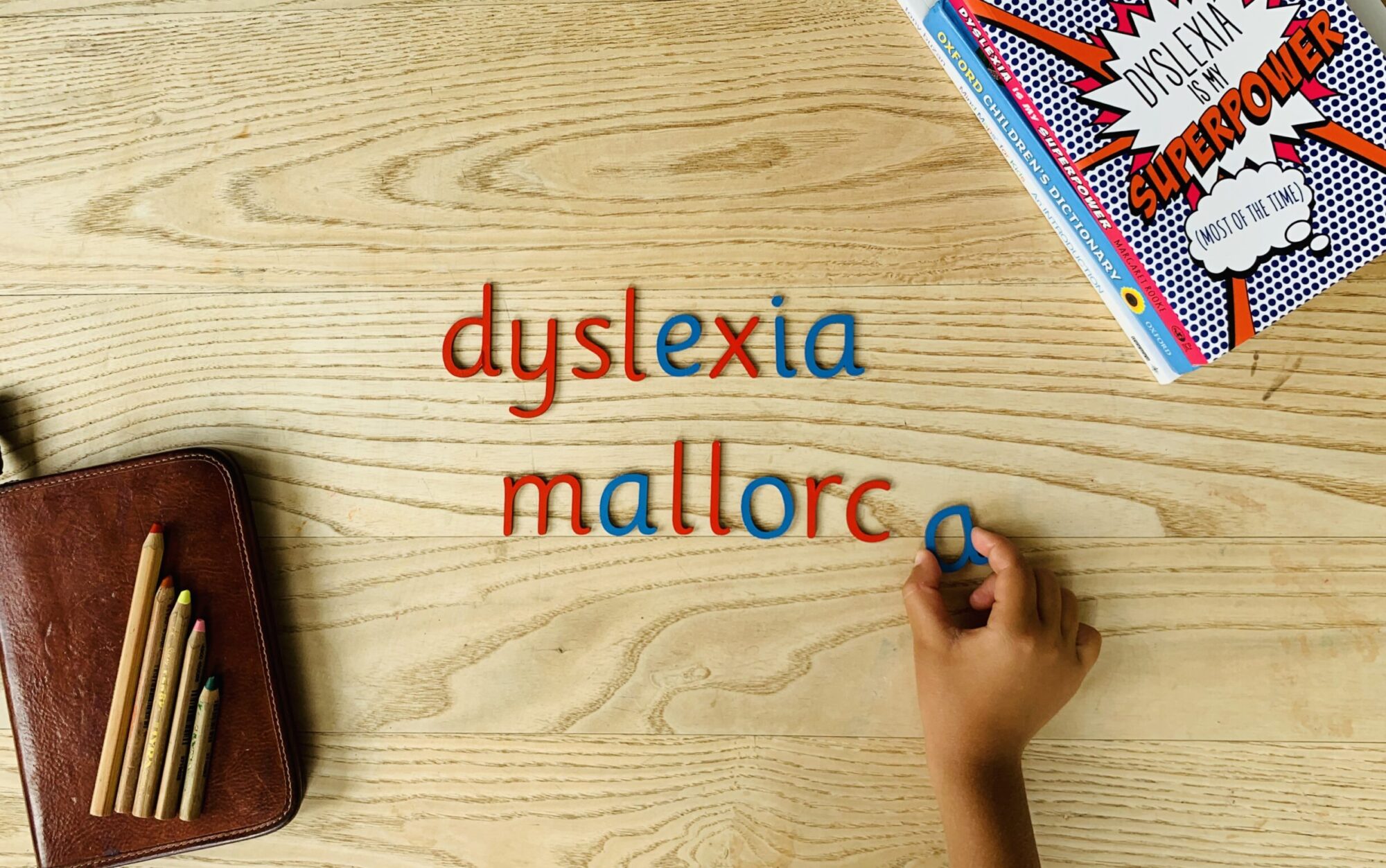The assessment lasts about 3 hours and costs €600.
The aim is:
- To formally diagnose dyslexia (if this is supported by the test results)
- To assess performance on a range of items, allowing the assessor to consider strengths and weaknesses. This isn’t an exam so there is no “pass” or “fail” – the intention is to help highlight the person’s individual style of learning or working and what does/doesn’t work for them.
- To collect information about reading, spelling and writing skills.
- To identify whether there is a clear discrepancy between general level of ability and reading and writing attainment.
- To consider other factors which may be affecting learning.
- To identify whether any Reasonable Adjustments will need to be made in order for a person to fully access the curriculum and exams.
Why have an assessment?
If someone is experiencing significant difficulties in their study or in day-to-day life and would like to either find out more, or needs further support then a Diagnostic Assessment can really help.
Another common reason for a Diagnostic Assessment is to apply for Exam Access Arrangements.
If your child is in Year 9 or above and you wish the assessment that you are booking to be used as part of an application for Exam Access Arrangements, usually GCSEs or A Levels, e.g. extra time in exams, a reader or a scribe, etc. then it will be necessary for either you or the Assessor (with your written permission) to contact your child’s school’s Special Educational Needs Coordinator (SENCO) prior to the assessment.
Assessments FAQs for parents/carers
If my child has dyslexia, will they automatically get extra time or other adjustments in exams?
No, exam access arrangements are carried out by the school at the time of the exams taking place. Many children get access arrangements without a diagnosis based on their needs. Having a diagnosis and assessment report may however help you as the parent/carer to discuss the need to have your child assessed for access arrangements.
Why do I need to ensure my child has had an eyesight test (within 12 months) before the assessment?
Reading and spelling are, in part, both visual activities. Therefore, we must ensure that your child does not have any visual difficulties before investigating other reasons to explain their lack of progress in reading and/or spelling. If these visual issues are not picked up before the assessment it may result in an inconclusive outcome (i.e. an unconfirmed diagnosis). This may mean you may have to pay for another diagnosis at a later date after the visual difficulties have been investigated. Therefore, we require the child to go for a sight test and if visual discomfort are being reported such as words moving around on the page, blurring, tired, watery or gritty eyes etc then mention these at the appointment. The Optometrist (who carries out the eye test) will refer on to an Ophthalmologist if difficulties are identified.
How to prepare for an assessment
- The child must have had a sight test within the last six months and it is helpful if the child has had a recent hearing check.
- It is important for children to know that they are coming to see someone who is interested in how people learn. The assessment will help to work out why some learning is difficult and what might help to make things easier.
- Children can bring examples of school work and reports with them. We also sometimes ask them to bring a current reading book and short piece of totally independent writing.
- It is important that assessors have information about any previous assessments and/or study support. This will help them to avoid repetition of tests, which may make results invalid.
- Parents/carers may like to bring something to keep themselves occupied as the assessment could be up to about 3 hours.
The assessor is fully checked, qualified and has DBS clearance. You may wish to stay with the young person whilst they are being assessed but this is at the discretion of the assessor as sometimes parents/carers are a distraction for the young person and it can influence their behaviour or performance.
What happens during an assessment?
A Diagnostic Assessment will usually take up to three hours to complete. The assessment will take place in a private room at Mallorca Tutoring Academy. It is quiet and free from disturbances.
During an assessment the assessor will carry out a series of tests to explore aspects of underlying ability such as:
- Reading, writing and spelling
- Handwriting and fine motor skills
- Underlying learning skills: phonological awareness, speed of processing and memory, speech and language and auditory processing.
There is usually an informal chat before the assessment to gather a little more background information.
After the assessment the assessor may be able to provide some insight but they will need time to calculate the test scores and analyse the results in order to give a diagnosis. This information will be provided in the subsequent report.
What happens after an assessment?
After a Diagnostic Assessment you will receive a written report within 15 working days.
This report will provide evidence of the individual’s dyslexic profile (if the individual has been confirmed as having dyslexia), signposting to other organisations or further assessments for specific learning difficulties (if required).
The report will include some recommendations about how to support the individual in the context of their study or day-to-day life.
We aim for the report to be a document that the individual is happy to share with family, teachers, tutors, other professionals and employees if they wish, as this will give them information on how they can help to provide support.
